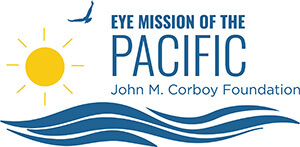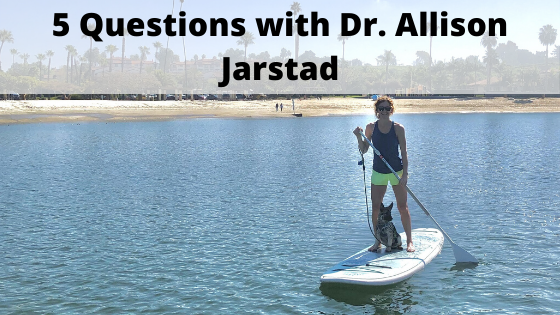This month, we’re talking to Allison Jarstad about how she balances traveling with a busy career in ophthalmology. Keep reading to learn more!
1. I loved the name of your recent article in CRST! How does traveling over 10 thousand miles and climbing mountains help you with providing eye care?
2. How does your life outside of work impact your ability to care for patients?
Thank you, Ric. Every time I’ve gone overseas, I’ve come home knowing more about myself and have grown as a human. When the trip is related to outreach medicine, I always grow as a physician.
Navigating through a new country takes you out of your comfort zone and you are forced to adapt and be flexible. Time away from your daily routine also gives you a chance to reflect on yourself and think about your goals in life.
I love traveling because I get to learn about a different culture by experiencing a different way of living. Things I take for granted are made apparent and I also appreciate different ways to approach life and the day-to-day.
When I’m abroad operating or teaching eye surgery, I get to adapt to a new team, a new operating theater, a new flow to clinic and the OR. All of this has challenged me as a surgeon, but through the difficulty it has built up my confidence by improvising with the resources and team that is available.
Dr. Jarstad recently published an article in CRST; Cataract & Refractive Surgery Today. Her article, “Reaching Summits and Delivering Eye Care Around the World” was featured this month in their popular “Outside the Office” section. You can read the article here: https://crstoday.com/articles/2020-mar/reaching-summits-and-delivering-eye-care-around-the-world/
3. You like to wrap adventure with caring for patients. How difficult is this to accomplish?
It’s not difficult. At least to me. But this has always been my way of life. My friends, family and colleagues tend to refer to me as “Extra” or “Hyperactive.”
I’ve just always been able to “pack it all in,” which was my motto in medical school. I adopt the classic work hard to play hard mentality.
We only get one life, so I want to get as much experience out of this one as possible. One thing I love about surgery as well as with intense sports is both take you to that mental state called “flow” which occurs when you are completely focused on a physical task that your thoughts are consumed by this concentration.
Time flies by and that inner critic in our head shuts up; there is no inner dialog of self-doubt or worries about the future, and the cares at home simply fade away. You are completely present in that moment and engrossed entirely on the physical task you are doing. I find that joy both in outdoor sports as well as in the operating room. It’s addicting.
I’ve also found a way to incorporate outdoor activities into my traveling. When you are hiking or skiing or stand up paddle boarding, it allows for opportunity to reflect on life and also to bond with your friends.
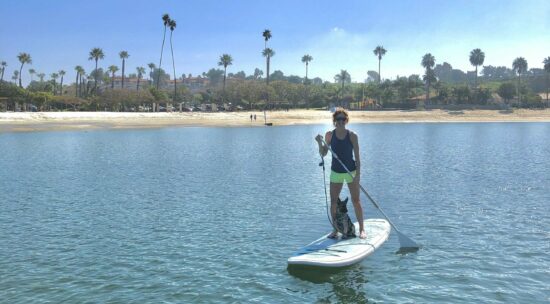
You end up being able to talk about things that we just don’t allow space for in our busy lives – unless we consciously sit down with the intention to connect and bond with someone. But it’s a lot easier to get there when you’re in nature for whatever reason, doing an activity with someone.
I’ve made a point to meet with locals and be active while I travel. On my global ophthalmology fellowship at Stanford I took a week to summit Mt. Kilimanjaro – which was amazing – but even while I was in Nepal for a month, I spent a day with locals going to a park just outside Kathmandu to rock climb.
Running was a daily must. In some of the remote villages I was a spectacle– I mean, a red-headed white woman running… for fun…? I was a hit with the children who would gather outside of their homes to give me high fives every morning.
4. I know you are not the only Jarstad in the family to do eye mission work. Did your father’s work influence you to do the same?
Absolutely. I was 10 years old when I first accompanied my father to Zimbabwe on one of his medical mission trips.
Though I wasn’t actively involved in providing medical care to his patients on that trip, it sparked a love for travel, a need for adventure, and a level of fearlessness that has stayed with me since that young age.
My father’s example of providing service to others also shaped who I am today. Even on my most difficult days, I still thoroughly love being an eye doctor and am honored to have mastered a skill that can help people in such an impactful way. Restoring vision is the most rewarding feeling in the world.
Most of us think about just relaxing somewhere when we go on holiday. How do the physical challenges of climbing mountains help you with other aspects of your life?
Climbing mountains has taught me a lot about perseverance and strength – both physically and mentally. Life is hard, but like I said in the CRST article, you keep putting one foot in front of the other and you get through the hard moments, and that makes the views during the good times seem that much more rewarding.
I’m learning to slow down a bit, now that I am out of my training and starting my career. I have a lot more free time. I recently moved a few blocks from the beach and being in nature helps me connect with myself, focus internally, relax, and reflect. By taking care of myself – all of me: my mind, my body, my soul – I’m able to best take care of my patients.
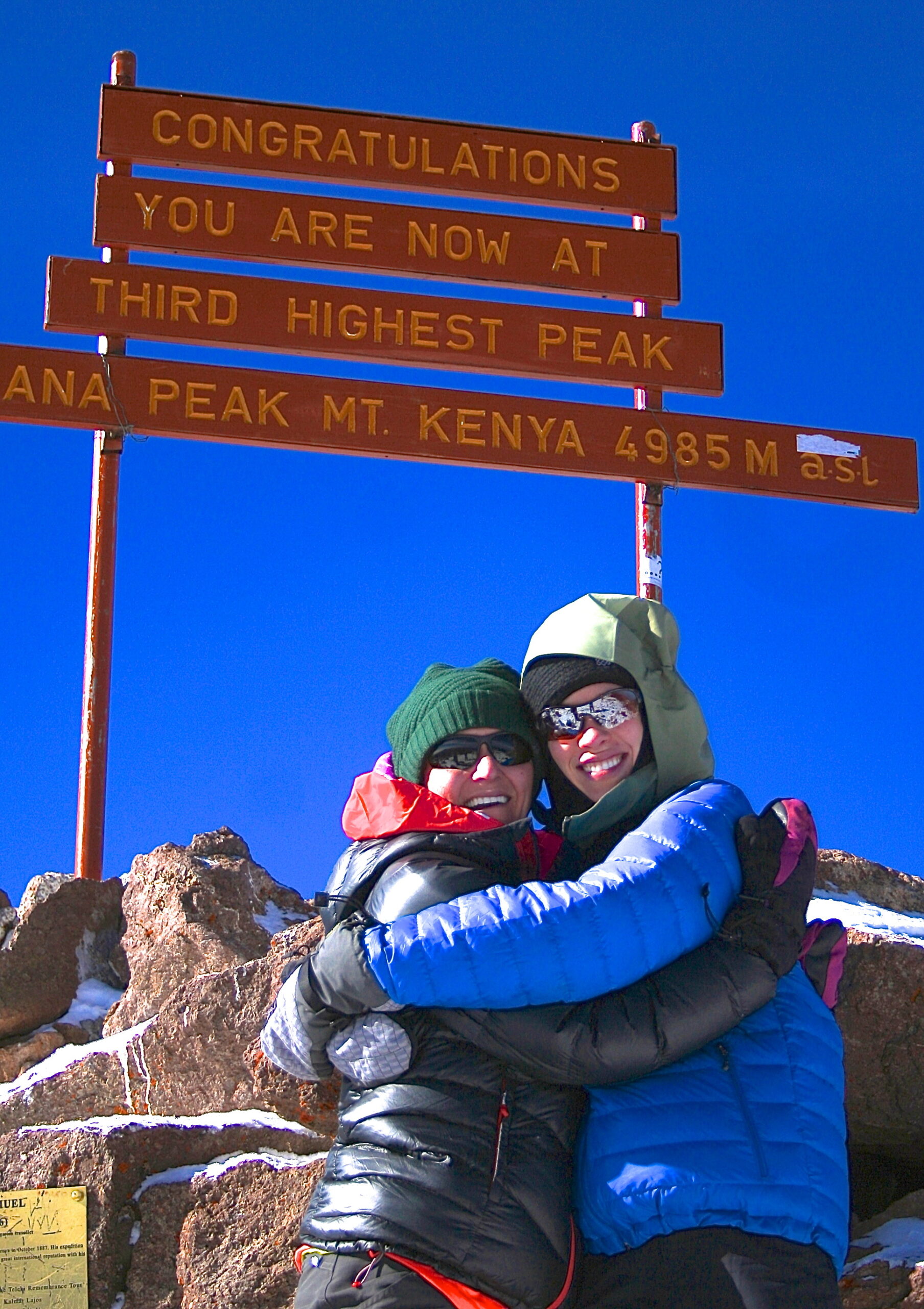
Also, how you react to challenges is everything. When you’re on a mountain, you have no control over the elements or the unique challenges of the climb: the weather, conditions, how you will feel each day. The first 2 days climbing Kilimanjaro, I had a fever from a cold I was nursing, and I vomited my breakfast on day 2.
The skin under my nose was raw and extremely painful from the snot that was constantly dripping. I could have let all of this affect my mental state, but I kept telling myself that I could get through it, that that this was a once in a life-time opportunity, and that I was strong enough to keep going.
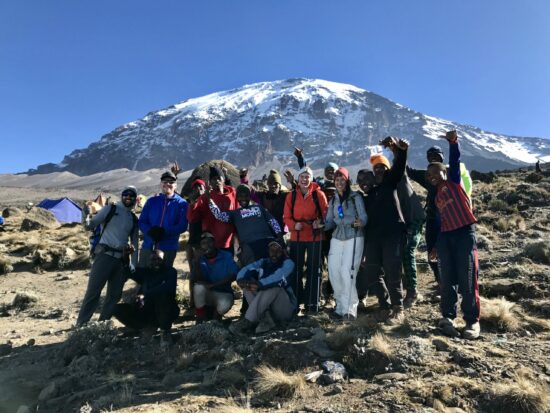
I kicked my cold around day 5 and summited on day 7. It was glorious and totally worth it. Just like with physical challenges, you can’t control the adversity that life will throw at you (for each of us, this is a different obstacle), but you can control how you react to it and the attitude you have while fighting through it.
Overcoming adversity as an athlete in high school and college taught me about the importance of a positive attitude and throughout my life I’ve taken on new and scary challenges with a “bring it on” mentality!
I hope to be continuously growing, continuously pushing myself outside of my comfort zone, whether it be the next goal, the next summit, the next sport. Learning a new language, taking on a new hobby, trying something different. But it doesn’t always have to be go-go-go. My latest goal is to slow down, reflect and be present in the moment, which for me isn’t easy.
5. I think many of your colleagues have given thought to doing mission work. How would you recommend they get started?
There are many organizations one can volunteer with: CureBlindness.org (formerly known as the Himalayan Cataract Project), Hawaiian Eye Foundation, ORBIS, Helen Keller International, SEE International, SEVA, Sight Savers, etc.
During my Global Ophthalmology fellowship at Stanford, it was incredibly remarkable to cure people from blindness with a 10 minute small incision cataract surgery. I don’t want to discredit how amazing that feeling is – to cure someone from their blindness. However, I was surprised that the most rewarding part of the fellowship was the mentorship relationships I developed with many doctors in Ethiopia, Ghana, Nepal, Rwanda, etc.
I gave lectures to the residents overseas, and witnessed surgeon after surgeon develop their cornea transplant skills throughout the year in every country I worked in. I got to be there while surgeons did their first DSEK with me coaching them through it and got to see their excitement after each successful case.
It reminded me of how wonderful it felt to do my first DSEK with my mentor Marjan Farid cheering me on and coaching me through the difficult parts. So, to pay that education forward and support these extremely talented physicians in sub-Saharan Africa and in Nepal, is an amazing thing.
It’s like that parable of feeding a woman for a day vs teaching her to fish and feeding her for a lifetime. I would love to create a mentorship program where doctors who are itching to get involved with international eye care outreach are paired up with a young ophthalmologist in Ethiopia and can be a point person for clinical questions and difficult cases.
So many people I’ve met are interested in outreach and I think education and mentorship is where one can have the greatest impact. With this recent surge in telemedicine, I think this is totally doable. I picture a doctor operating in South Sudan while being coached by a surgeon mentor in the USA or the UK. It’s totally possible.
Dr. Allison Jarstad, D.O. is a practicing ophthalmologist at SoCal Eye Physicians in Long Beach, California.
